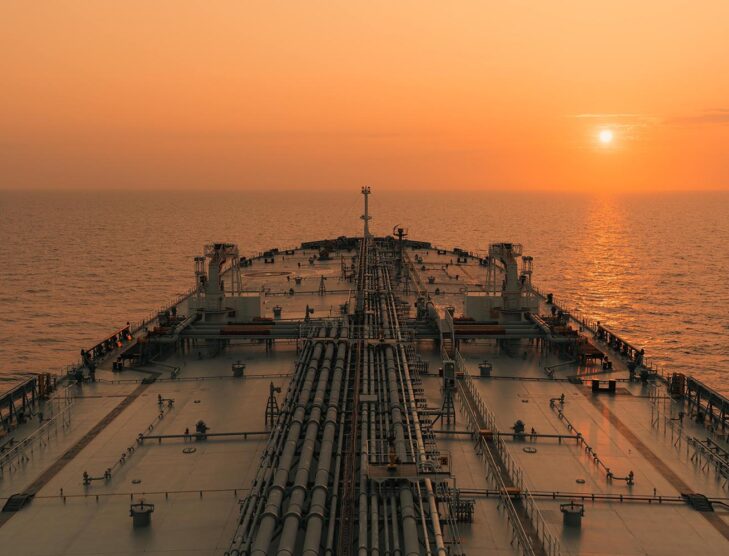
Uniper completes sale of UAE-based fuel trading business
Uniper has completed the sale of 100% of the shares in its United Arab Emirates-based crude oil processing and marine fuel trading business, Uniper Energy DMCC, to a consortium of Montfort Group and the Private Office of Sheikh Ahmed Dalmook Al Maktoum, following the fulfillment of conditions precedent and the receipt of regulatory approvals.
Divestment of this non-strategic participation is part of the remedies Uniper must fulfill under the EU state aid law. On December 20, 2022, the EU Commission approved the stabilisation package for Uniper under state aid law. As part of the approval, the EU Commission set out a number of structural remedies that Uniper must fulfil. One of them is the divestment of Uniper’s marine fuel trading business. With the divestment of Uniper Energy DMCC, Uniper has successfully divested the second participation of the required remedies.
Based in Düsseldorf, Germany, Uniper is an international energy company with activities in more than 40 countries. Uniper’s core businesses are power generation in Europe, global energy trading, and a broad gas portfolio. Uniper procures gas, including liquefied natural gas (LNG), and other energy sources in global markets. The company owns and operates gas storage facilities with a capacity of more than 7 billion cubic meters. Uniper plans for its 22.5 gigawatt (GW0 of installed power-generating capacity in Europe to be carbon-neutral by 2035. The company already ranks among Europe’s largest operators of hydroelectric plants and intends to further expand solar and wind energy.
On July 22, 2022, the German Federal Government announced a rescue package for Uniper, wherein the government took over 99% of Uniper. The move was necessary because the capital required by Uniper had risen significantly due to the complete cessation of contractually agreed gas deliveries from Russia and the sharp rise in gas prices. The resulting further increase in the costs of purchasing substitute volumes of gas has exacerbated the emergency situation faced by Germany’s largest importer of Russian gas.









